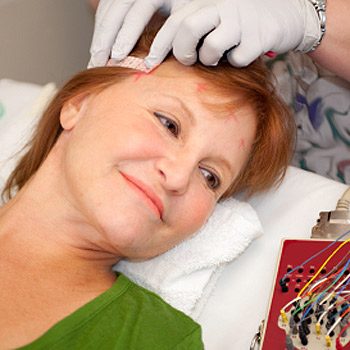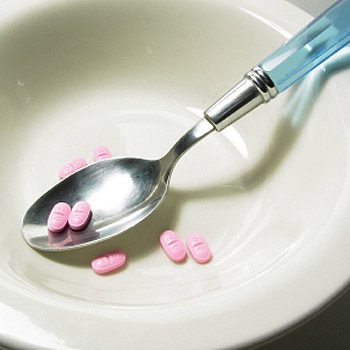
Depression is so widespread that some psychologists call it the common cold of emotional disorders.

1. The Heart-Head Connection
At least one in five people who get heart bypass surgery experiences depression, which increases the risk for further cardiac problems. But cognitive behavioural therapy (CBT), a type of talk therapy, can help. In a recent study, 71 percent of patients getting CBT were free from depression after three months. In contrast, just a third of patients in a control group saw their depression lift.

2. Help for the Hopeless
About 20 percent of people with depression get no relief from drugs or psychotherapy. But a new treatment involving stimulation from electrodes implanted in the brain produced a 22 percent improvement in symptoms after eight weeks, compared with 3 percent in patients receiving a sham treatment. “These people have been sick for a very long time,” says researcher Emad N. Eskandar, MD. “Anything that helps is very significant.”

3. Easing Baby Blues
Some 13 percent of new moms experience postpartum depression, yet many are reluctant to take mood medication. A new study of women at high risk for the dangerous disorder suggests peer counselling is worth a try. Half the women got telephone counselling from volunteers who’d been through postnatal depression themselves. Result: They were half as likely to become depressed as those who were on their own.

4. Ranking the Mood Boosters
Don’t assume the latest antidepressant is better than older ones, say investigators who reviewed 117 studies involving more than 25,000 patients with major depression. Data showed Zoloft (available since 1992) and Lexapro (2002) were more likely to improve mood than other antidepressants while prompting fewer people to quit treatment, suggesting that side effects were less bothersome. If you’re on a medication that’s working, there’s no need to switch, says study author Andrea Cipriani, MD — but if you’re considering drug treatment for the first time, Zoloft or Lexapro is a good place to start.
Read more about depression and happiness:
Beat the Winter Blues
Are You SAD
10 Signs of Happiness
10 Ways to Turn That Frown Upside Down